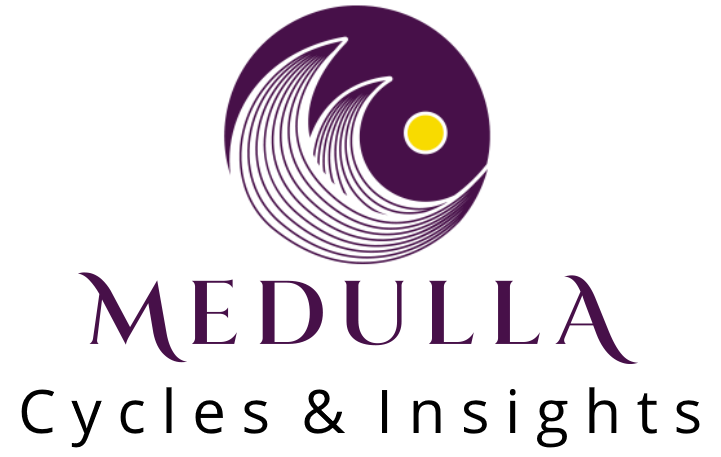MAGNESIUM AND MENSTRUAL HEALTH
Magnesium is a very important mineral for the maintenance of a healthy cycle and helps to rebalance hormones, and can keep at bay insomnia, polycystic ovarian syndrome, thyroid problems, hair loss, premenstrual syndrome or premature menopause.
The European Union recommends a daily intake of 320 mg for adult women who are not pregnant. Unfortunately, however, the vast majority of us do not take enough. Why not? Why are we so deficient? First, the soil is now impoverished from intensive agriculture. Drinking water loses most of it. Also, when we are under pressure, our bodies get rid of magnesium to cope with everyday life.
A tense nervous system has become common in modern life. If you live in the city, commute, go to bed late, eat industrial food, drink coffee, worry about work, money, family or school, spend a lot of time on the computer or on the phone, you will have a magnesium deficiency.
Nine (ten) reasons to love magnesium
- It is found in dark chocolate (this was the tenth reason, but we put it first just to re-establish priorities: taking care of yourself is a nice adventure!).
- It can be a great help for headaches and menstrual migraines. Studies have shown that attacks are often caused by a lack of magnesium. In addition, magnesium helps to keep estrogen pressure under control.
- Keeps cortisol in check. It calms the nervous system and prevents excessive production of cortisol, the stress hormone produced by the adrenal glands. The hypothalamic-pituitary-adrenal axis is our priority hormone system. If it is healthy, the other axes (thyroid, ovarian) will also benefit from it.
- It helps regulate insulin. It is particularly effective in regulating blood sugar levels, which results in fewer food cravings, especially sugar. In addition, good insulin control helps greatly in cases of polycystic ovaries, hirsutism, weight loss and prevents osteoporosis.
- Supports thyroid. Magnesium is essential for the production of thyroid hormones and regulates the inflammation of the body, often at the root of thyroid imbalances.
- It promotes sleep. Magnesium is often the only thing needed in cases of insomnia. Sleep is the cornerstone of hormonal health.
- It powers cellular energy. Without magnesium, cells have no energy. Hormones and hormone-receptive tissues have an accelerated metabolism compared to others, and therefore need more cellular energy.
- It produces hormones. It is necessary to produce estrogen and progesterone, among others, and its intake is proven to reduce hot flashes by up to 50%.
- It activates vitamin D, which without magnesium, can’t do its job. Magnesium is therefore essential for the protection of bones and the prevention of osteoporosis. Vitamin D behaves like a hormone and is also essential for good moods.
- It slows down premature aging because it prevents telomeres from shortening and reduces oxidative stress.
Other foods, besides the already mentioned dark chocolate, where to find magnesium are all-bran, almonds, cashews, sesame seeds, green leafy vegetables.
Medulla is not a fan of supplements but promotes an all-round lifestyle that makes the use of supplements superfluous. However, in special circumstances they can be useful, sometimes essential. Think about folic acid during pregnancy. Magnesium is another good example. Magnesium glycinate gives less intestinal problems. In fact, magnesium promotes intestinal transit, so it is wise to take it dissolved with a wooden or plastic spoon in a liter of lukewarm water (to facilitate initial melting) to drink in small sips during the day.
Bibliography
Briden L, (2015) The period repair manual
Gottfried S. (2015), The hormone care







